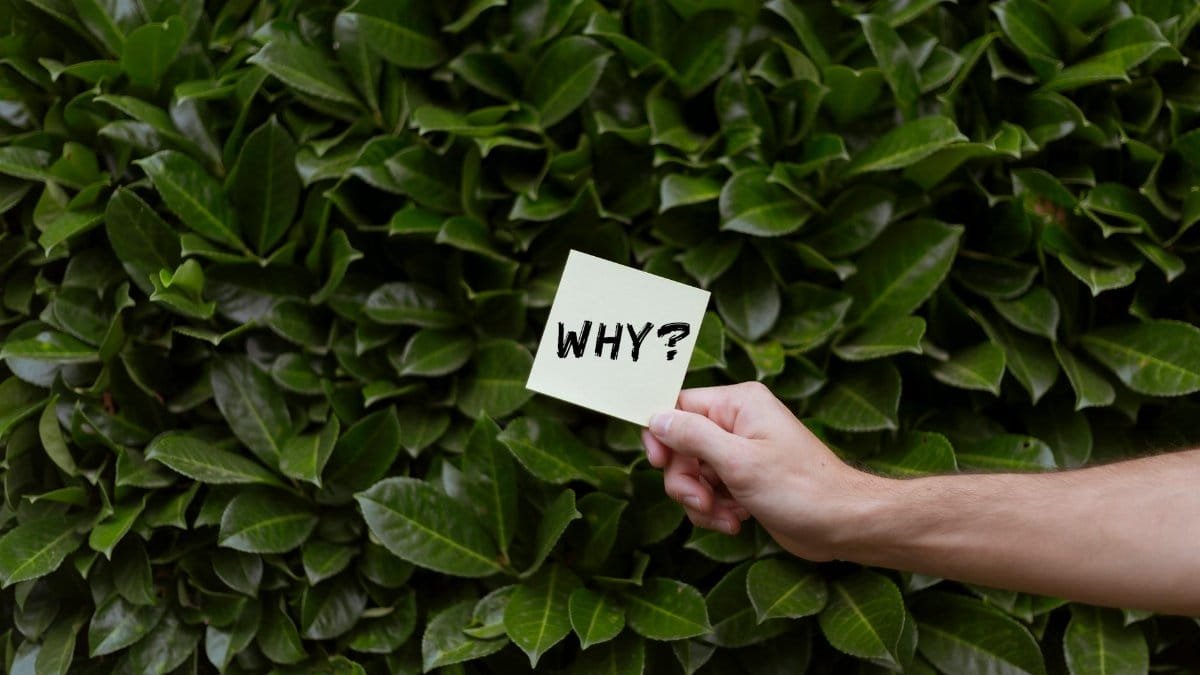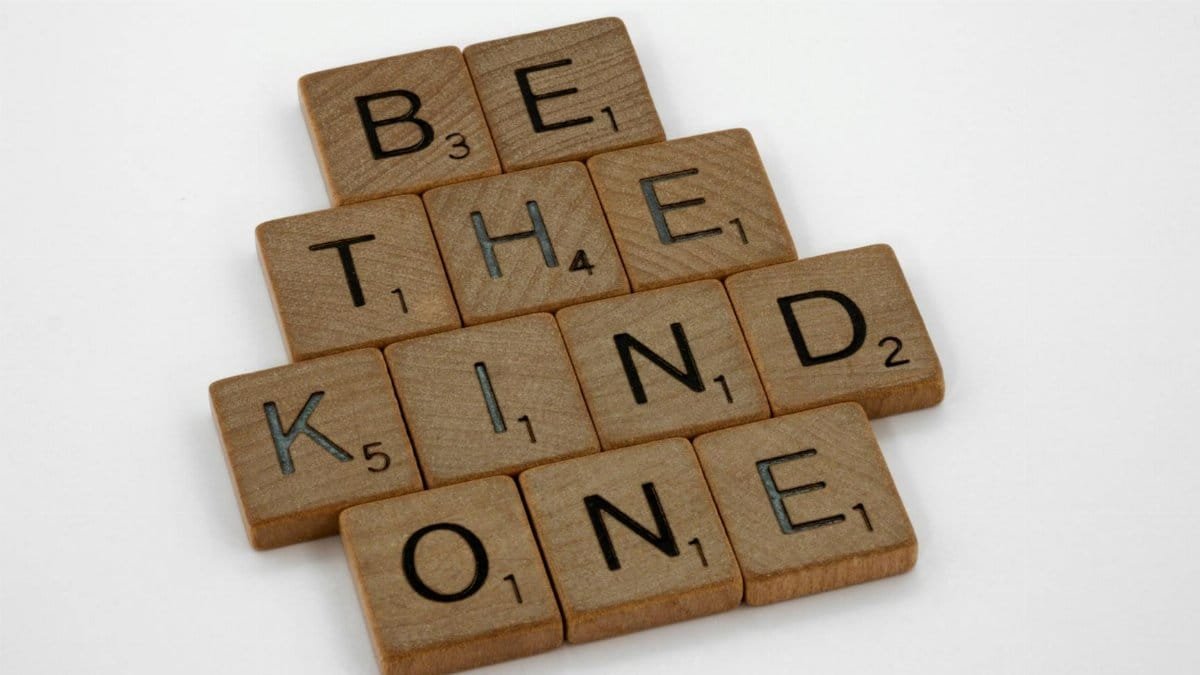Imagine sitting in a quiet room, the world outside fading away, as a sense of connection to something vast begins to stir. For many, this is the allure of Akashic Records access—a concept rooted in the idea of a cosmic library holding the history of every soul, every event, every thought. Often described as an ethereal database, the Akashic Records are believed by some to contain the blueprint of existence itself. In 2025, as spiritual practices continue to intersect with modern life, more Americans are turning to this ancient notion, seeking answers about their past, present, and even future. Whether driven by curiosity or a deeper yearning for meaning, the idea resonates in a culture hungry for connection. This exploration isn’t just about mysticism; it’s about understanding how such a practice might offer clarity in a chaotic world.
What Are the Akashic Records?

At its core, the concept of the Akashic Records stems from the Sanskrit word “Akasha,” meaning ether or sky. Spiritual traditions, particularly within Theosophy and New Age thought, describe these records as a non-physical repository of all human experience. Every choice, emotion, and event—across lifetimes, some believe—is archived here. Accessing this realm, then, is akin to flipping through the pages of a universal diary. While no scientific evidence supports the existence of such a database, the idea has persisted for centuries, popularized in the West by figures like Helena Blavatsky in the late 19th century. For many today, it’s less about literal proof and more about the metaphorical power of connecting with something greater. The appeal lies in the promise of insight, often framed as a tool for healing or self-discovery.
Modern interpretations vary widely. Some see the Records as a spiritual construct, others as a symbolic way to tap into intuition. Regardless, the concept has gained traction, with workshops and online courses proliferating across the U.S. A quick search reveals countless guides claiming to teach access techniques, reflecting a broader trend of spiritual seeking documented by organizations like Pew Research Center, which notes a rise in Americans identifying as “spiritual but not religious.”
The Historical Roots of Akashic Access

Rewind to the late 1800s, when the Theosophical Society introduced the Akashic Records to Western audiences. Helena Blavatsky, a key figure, claimed these records could be accessed through heightened states of consciousness, offering glimpses into past lives and universal truths. Her writings, though controversial, sparked curiosity that endures today. Earlier still, ancient Hindu and Buddhist texts hinted at a cosmic memory, though not always under the same name. The idea of an eternal record of existence resonated across cultures, from Egyptian mysticism to indigenous oral traditions, each with its own lens on accessing hidden knowledge.
Fast forward to the 20th century, and figures like Edgar Cayce, often called the “Sleeping Prophet,” brought Akashic Records access into mainstream spiritual circles. Cayce claimed to consult this realm during trance states, offering detailed readings on health and past lives. His work, archived by the Association for Research and Enlightenment, remains a touchstone for believers. These historical threads show how the concept has evolved, adapting to each era’s spiritual needs.
Why Are People Seeking Access Now?

In a world of relentless pace and digital overload, the yearning for deeper answers feels almost inevitable. By 2025, surveys like those from Gallup show a sustained interest in alternative spirituality among Americans, particularly as traditional religious affiliation declines. Akashic Records access fits neatly into this trend, promising a direct line to personal and collective wisdom. It’s not just about escapism; for many, it’s a response to uncertainty—be it personal trauma, career crossroads, or existential questions.
Take the story of a middle-aged woman from Ohio, shared anonymously in spiritual circles. After a divorce, she turned to guided meditations claiming to unlock the Records. “It wasn’t about seeing past lives,” she explained. “It was about understanding why I kept repeating the same patterns.” Her experience mirrors a broader sentiment: people aren’t always chasing the mystical. Often, they’re after practical insight, a way to make sense of life’s messiness.
How Does One Access the Akashic Records?

The methods for Akashic Records access are as varied as the people seeking it. Most approaches hinge on reaching an altered state of consciousness, often through meditation or prayer. A common technique involves visualizing a library or hall of records, mentally asking for guidance, and remaining open to impressions—be they images, words, or feelings. Practitioners like Linda Howe, whose work is widely referenced in spiritual communities, outline structured processes in books and courses, often emphasizing intention and ethical responsibility. Her center, accessible via Linda Howe’s Center for Akashic Studies, offers training that blends meditation with specific protocols.
Others rely on intuitives or mediums who claim to access the Records on behalf of clients. Skeptics, of course, question the validity of such practices, pointing to the lack of empirical evidence. Yet for practitioners, the value often lies in the subjective experience—less about proof, more about personal resonance. The process, they argue, fosters mindfulness and self-reflection, benefits echoed in broader studies on meditation by institutions like National Center for Complementary and Integrative Health.
Challenges and Skepticism Around Access

Not everyone is convinced that Akashic Records access holds water. Critics, including psychologists and skeptics, argue it’s a form of self-suggestion or imagination, not a genuine connection to a cosmic database. The lack of testable evidence fuels this debate, with some likening it to pseudoscience. There’s also the risk of exploitation—unscrupulous practitioners charging steep fees for readings or courses with little accountability. Online discussions often reveal frustrations with vague or unhelpful experiences, with one person noting, “I paid $200 for a session and got nothing but generic advice I could’ve found online.”
Beyond skepticism, even believers caution against over-reliance. Accessing the Records, they say, can stir intense emotions or unresolved trauma if not approached with care. The challenge lies in discernment—knowing what’s intuition versus wishful thinking. This tension highlights a broader struggle in spiritual practices: balancing faith with critical thought.
The Cultural Impact of Akashic Exploration

Walk through any major U.S. city in 2025, and you’re likely to encounter the ripple effects of spiritual trends like Akashic Records access. From yoga studios offering workshops to social media hashtags buzzing with personal stories, the concept has woven itself into the fabric of alternative wellness. It’s not just niche anymore; it intersects with broader movements around mindfulness and trauma healing. Therapists and life coaches sometimes integrate the idea metaphorically, using it as a framework to help clients explore their inner narratives.
This cultural embrace isn’t without friction. Some religious groups view it as incompatible with traditional doctrine, while others see it as a harmless personal journey. What’s clear is that the search for meaning—whether through the Akashic Records or other paths—reflects a collective need. It’s a reminder of how ancient ideas can find new life, adapting to the hopes and struggles of each generation.
Practical Takeaways for the Curious

For those intrigued by Akashic Records access, starting doesn’t require a guru or hefty investment. Simple meditation practices, often free online, can serve as an entry point. Set aside quiet time, focus on a clear intention—perhaps a question about a life decision—and notice what arises. It’s less about expecting visions and more about cultivating openness. Journals can help track insights, grounding the experience in something tangible.
Community can also play a role. Local spiritual groups or online forums offer spaces to share and learn, though it’s wise to approach with a discerning eye. The journey, ultimately, is personal. Whether the Records are a literal realm or a powerful metaphor, the real value may lie in the questions they prompt us to ask about ourselves. In a world that often feels disconnected, that act of inquiry might be the true access point.
